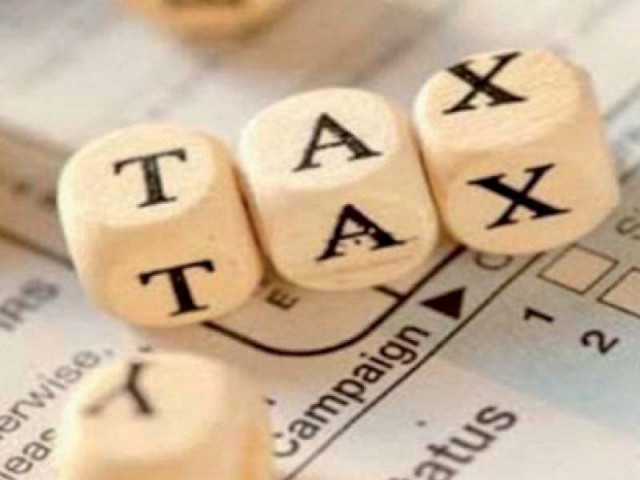Does Pakistan need corporate tax reforms?
29% corporate and 10% super tax for companies discourages investment

There is a direct link between corporate taxes and Foreign Direct Investment (FDI). Currently, Pakistan has one of the highest corporate tax rates in the world: 29%, plus a 10% super tax for companies with income equal to or greater than Rs500 million, a 2% workers’ welfare fund, and a 5% workers’ participation fund. Additionally, there is a tax on dividends ranging from 15% to 25% (which is actually a case of double taxation).
Corporate taxes hinder companies from engaging in activities we desire them to pursue: innovation, employment generation, production of high-quality products at low costs, and competitiveness.
The fundamental goal of any corporation is to maximise shareholder wealth, a challenging task under the best circumstances but doubly so given the tax burden imposed by our government.
The mere existence of a profit tax raises questions about the criteria politicians use to decide what and how to tax. In Pakistan, we tax the living day light out of profitable companies, while simultaneously, giving bailouts, tax credits, and subsidies to losing companies, including State-Owned Enterprises (SOEs).
Our shortsighted politicians and bureaucrats believe that our economy is insulated from the global economy. However, corporations have options. They can and do operate across national borders, and taxes—specifically corporate taxes in different countries—affect corporate behaviour.
Foreign Direct Investment (FDI) in Pakistan remains at an average of $1 billion per year and has been stagnant for the past five years. In contrast, FDI in 11 Southeast Asian countries increased by 40% between 2017 and 2022, from $150 billion to $210 billion.
For a whole host of reasons, government leaders in Southeast Asian countries aim to increase domestic business and are willing to compete politically for it. Policymakers have limited tools to attract and retain businesses, and the corporate tax rate is likely the most important of these tools. The corporate tax creates powerful incentives and is a significant factor in determining where a company chooses to locate its operations.
Read: Seven keys to good tax policy
Pakistan’s corporate tax code is ripe for reform. The ideal corporate tax rate to stimulate more investment (both foreign and domestic) is a 20% flat-rate corporate tax with no deductions. This would significantly reduce the complexity inherent in our progressive tax system, which is riddled with loopholes, exemptions, and special interest carve-outs.
Lowering the corporate tax rate is a supply-side approach for countries to advertise and promote themselves in a competitive global economy. Pakistan has lagged behind in this regard, as many neighbouring countries have dramatically reduced their corporate income tax rates.
Lower corporate tax rates are associated with higher investment-to-GDP and State GDP growth, faster employment growth, and, most importantly, higher government tax revenues and foreign exchange reserves.
In addition, a corporate tax rate cut would lead to improved equity valuations. In static terms (for example, revenues and costs remain the same), a corporate tax rate cut would significantly impact the value of companies. For example, when companies consider investing in new projects, they calculate the net present value of the after-tax cash flows generated by that project. A decrease in tax rates increases the expected after-tax cash flows of an investment, prompting companies to invest in more projects, employ more labour and capital, leading to overall prosperity in the economy and higher market capitalisation of companies, as well as more money flowing into the stock market. Additionally, the Treasury would benefit as the lower tax rate would generate increased tax revenues. Corporate tax reform is truly a win-win-win.
THE WRITER IS AN ECONOMIST AND PHILANTHROPIST BASED IN BELGIUM
Published in The Express Tribune, February 19th, 2024.
Like Business on Facebook, follow @TribuneBiz on Twitter to stay informed and join in the conversation.


















COMMENTS
Comments are moderated and generally will be posted if they are on-topic and not abusive.
For more information, please see our Comments FAQ